

When the opportunity came up to find out more about her family’s history, through the Registrar General’s Department’s (RGD) Outtamany Search, Dr Amina Blackwood Meeks jumped at it, later discovering that she is a Maroon.
Meeks attended the relaunch of the Outtamany Search, where she shared a testimonial about her experience and the information she discovered about her family.
Growing up, she shared that she did not know her grandparents, because they had died before she was born. But, she was always curious about the life they lived. As such, she would listen to the stories her parents often told, desperate to know the people she never met.
“I was possessed of this desire, of this need to find out a little bit more than my parents had told me,” she told members of the audience.

On a summer afternoon, as she was flipping through the pages of a local newspaper, Meeks shared that she saw an advertisement from the RGD, stating that it offers genealogical traces.
When she traced her ancestry through the Outtamany Search, the information discovered went as far back as 1810.
As she went through the information presented to her, each page confirmed the stories that she had heard as a child from her father. But one particular piece of information stood out the most.
“I understood [my father’s] constant references to Paul Bogle, Sam Sharpe and the Maroons. My father never once said I am a Maroon. But when mi guh a RGD, I discovered why it is that the stories formed parts of his conversation,” she shared, smiling.
Through the RGD, Meeks was able to discover her Maroon heritage, noting that it was one of the best feelings ever.
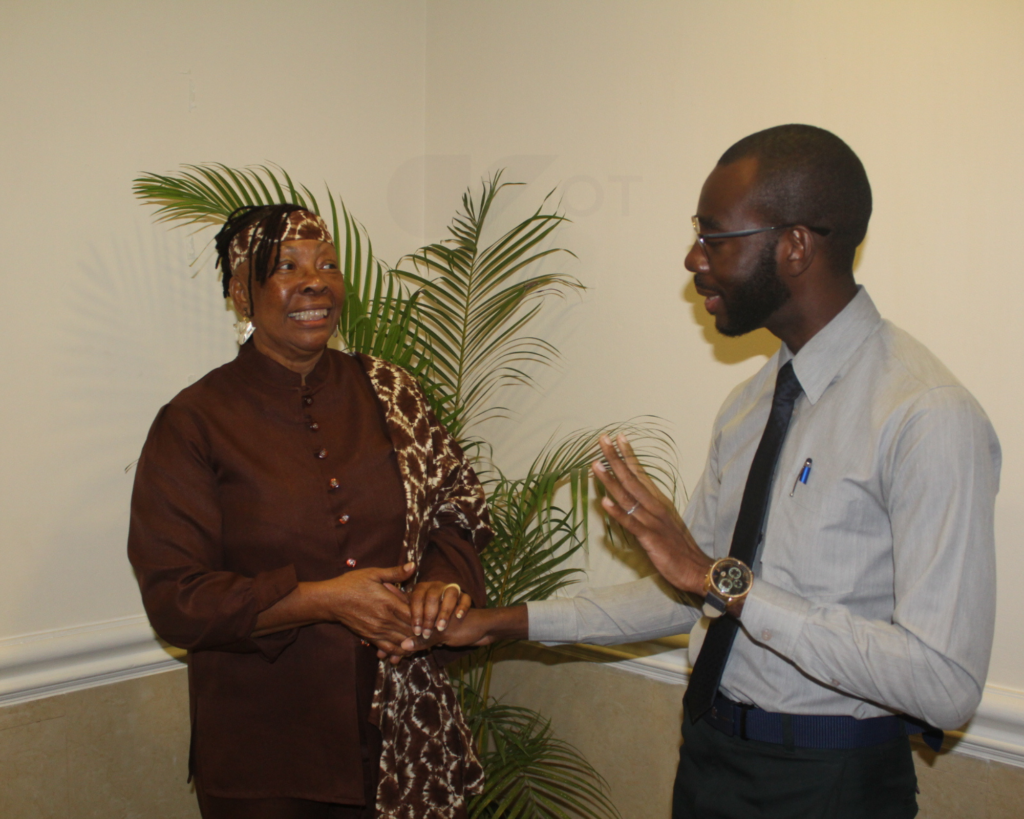
“I felt like a human being. And I said to everybody ‘you know why yuh muss do dis? Because yuh suddenly going to discover what it feels like to be, just to be… a human being,” she said.
Meeks also discovered the name of the slave ship that her grandmother five times removed boarded to come to Jamaica. Though she was not able to get information about their cause of death, she learnt so much more.
“I know the plantations on which they worked, I know which one ah dem run weh and gi babylon a whole heep a trouble” she shared with a laugh and adding that she would love to visit Friendship Estate, the plantation where her ancestors lived, to get a glimpse of what their experience was like.
She closed by encouraging Jamaican to do an ancestral search, noting that “there will be some places that we cannot go, because of how we were sold and the names changed, and we went to different plantations”.
“But in terms of building a national identity, there is a great deal that we need to know about who we are, the skills we have and what we have contributed”.
-Send feedback to [email protected]
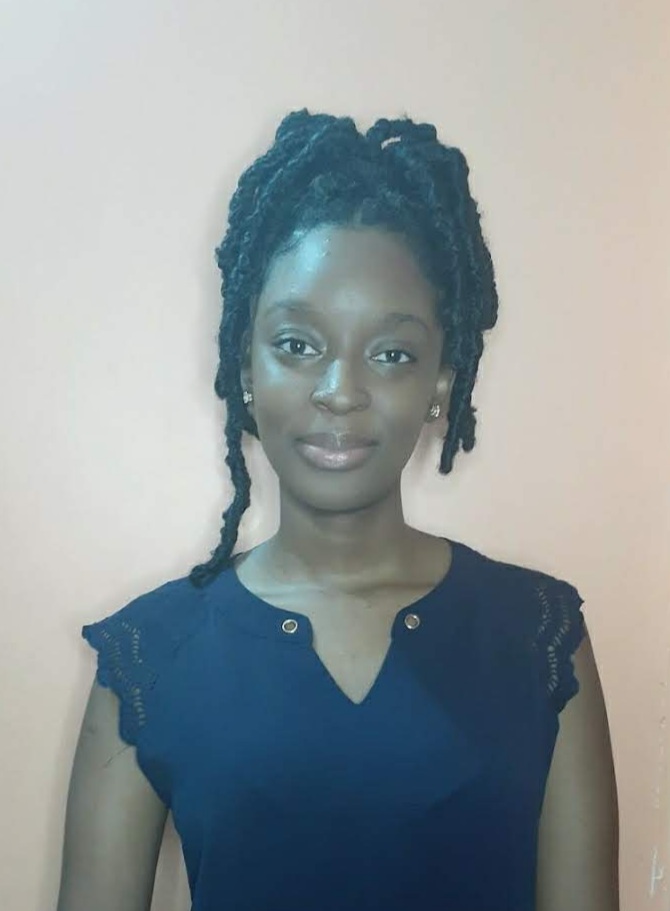
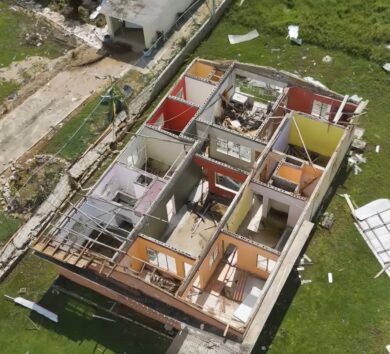

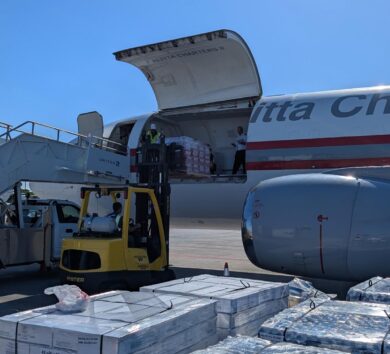
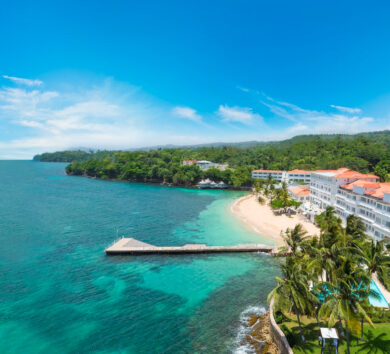
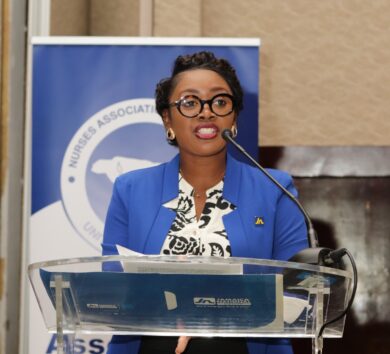

Comments